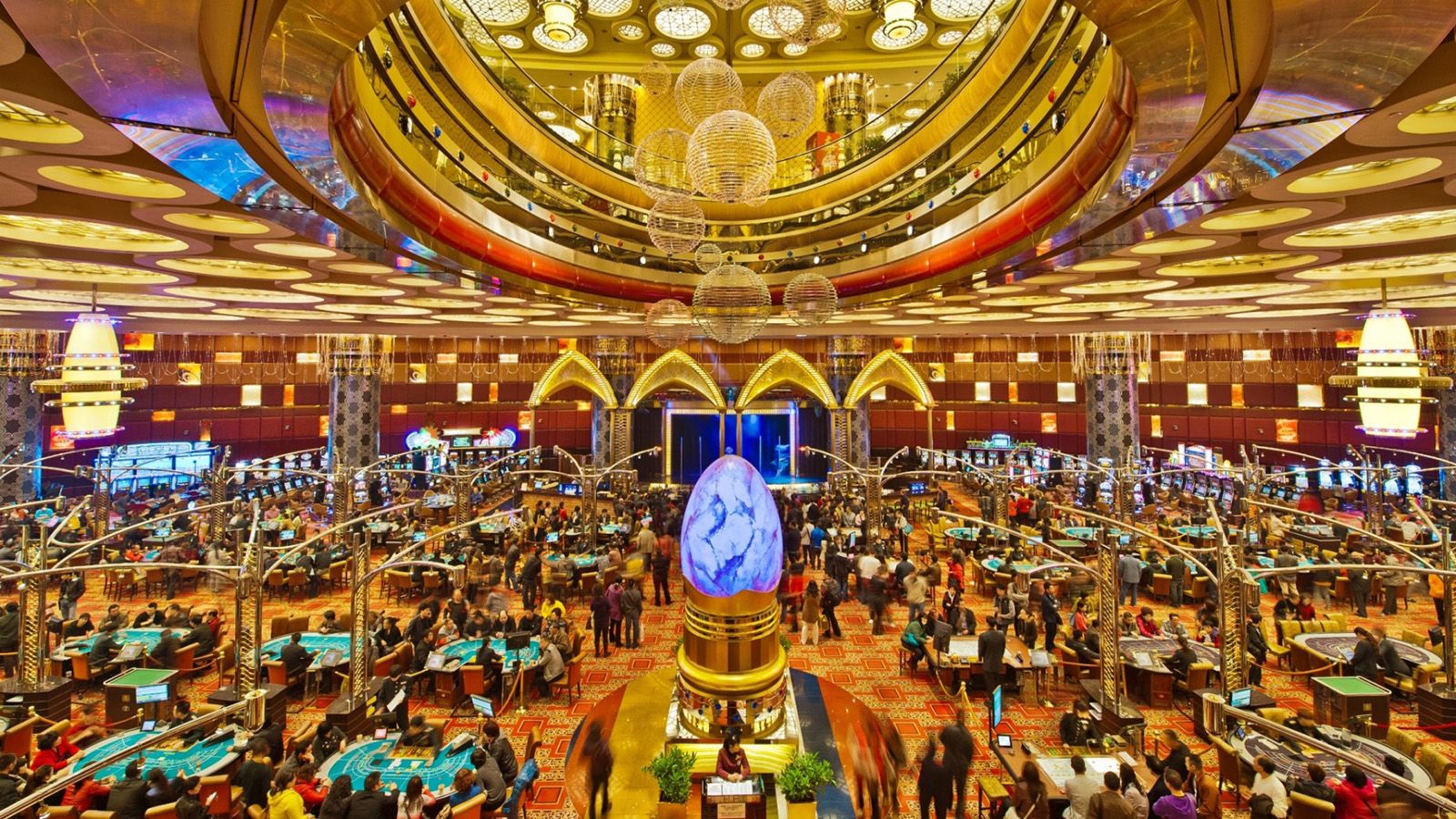
Such appeal of gambling games has mesmerized countless individuals around the planet for decades. From the turning roulette device to the sound of mixing cards, the excitement of chance and talent merges to create an thrilling ambience that attracts individuals in. These games are not just pastimes; they have become an valuable part of the entertainment industry, transforming into a universal trend that spans lavish hotels, vibrant digital gambling spaces, and everything in between.
As the demand for distinct and immersive encounters persists to grow, the narratives behind the achievements of casino games reveal a fascinating environment. Businesspeople and developers are constantly stretching the boundaries of creativity and originality, causing the emergence of fresh games and immersive advancements. Investigating these accounts gives us insight into what it takes to build a casino game business and the passion that propels those working behind the curtains.
The Progression of Gambling Games
Gambling games have a robust history that dates back centuries, with their beginnings frequently connected with historic ceremonies and social gatherings. The earliest types of betting can be traced back to ancient Chinese civilization, where dice games were played, and also to the Roman Empire who enjoyed betting on multiple events. Over time, these primitive games evolved into better organized forms, leading to the establishment of games like baccarat and roulette in the 17th century. These early casino games laid the basis for the industry we witness today.
As the world evolved, so did the complexity and diversity of casino games. The 19th century marked a significant milestone with the creation of formal casinos in places like Monte Carlo and Las Vegas. This era saw the introduction of famous games such as poker and blackjack, which fascinated the imaginations of participants around the world. The growth of these games was driven by advancements in game development and the development of betting regulations that made the industry more structured and appealing to the public.
The digital transformation in the final 20th and early 21st centuries transformed the landscape of gambling options yet again. The advent of the internet led to virtual casinos, enabling users to enjoy their beloved games from the comfort of their houses. This transition not only broadened the scope of casino games but also introduced new types like live dealer games and mobile gaming apps. Today, the casino game landscape continues to develop, with innovative technologies such as virtual reality and blockchain promising transform the coming years of gambling. https://88clbbb.com/
Winning Game Creation Strategies
The foundation of a thriving casino game empire lies in the design of captivating and creative games that engage players. A effective strategy involves thorough market research to understand existing trends and player preferences. By reviewing user feedback and watching high-performing titles, developers can determine what resonates with players and what features are in need. Adding distinctive themes, diverse game mechanics, and artistically appealing graphics are vital to stand out in a competitive landscape.
Teamwork is another key element of effective game development. Bringing together talented designers, programmers, and mathematicians guarantees that games are not only visually impressive but also balanced in terms of gameplay. Encouraging honest communication among team members nurtures creativity and leads to cutting-edge concepts. Moreover, connecting with players during the beta testing phase permits developers to gather insightful insights that can refine gameplay elements before the official launch.
Lastly, effective marketing strategies cannot be ignored in creating a thriving casino game empire. Developing a compelling narrative around the game and utilizing online media platforms to create excitement can dramatically impact player acquisition. Offering deals, loyalty rewards, and involving in community events can further enhance player retention. By combining strong development practices with savvy marketing, game developers can create an immersive experience that keeps players returning for more.
The Outlook of Casino Gaming
The landscape of gambling gaming is evolving rapidly, driven by progress in technology and evolving player tastes. Digital and portable play is poised to dominate the sector as more players seek ease and availability. Virtual VR and virtual AR are also integrating into the gambling experience, providing engaging settings that elevate classic gameplay to a higher standard. As gamblers crave more interactive and entertaining experiences, casinos will need to adapt and innovate to keep their audience captivated.
Additionally, the incorporation of artificial tech and information analysis will play a major role in defining the future of gambling gaming. Casinos will leverage data to understand player actions, personalize interactions, and enhance customer service. NHÀ CÁI 88CLB Customization will become key, as players will want plays that adapt to their preferences and gaming habits. As the gambling industry utilizes these insights, the development of novel game types and features will likely emerge, keeping the gambling experience new and thrilling for everyone.
Moreover, the trend towards safe gaming is becoming increasingly notable. As regulators and players focus more on gambler welfare, casinos will need to introduce measures that encourage responsible play practices. This could include options that allow gamblers to set boundaries on their expenses and time spent playing, as well as better resources for those who may be struggling with gaming addiction. By prioritizing responsible gaming, casinos can establish trust with their customers and ensure a viable future in the competitive landscape of gambling gaming.
